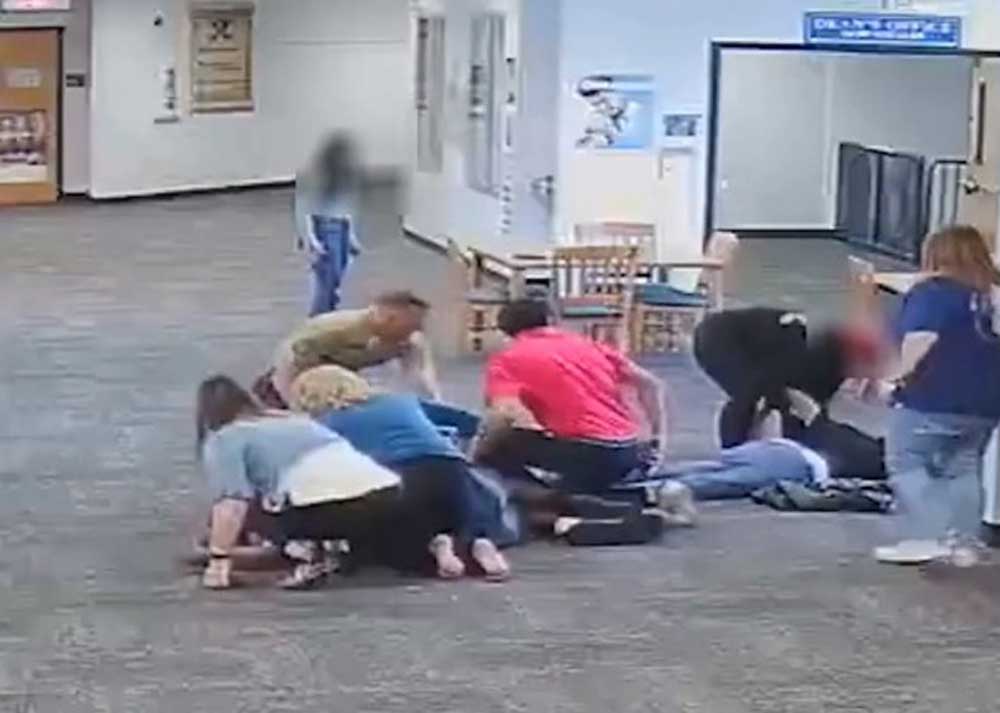Clark described the incident involving the autistic student that took place a decade ago when she was a volunteer. None of the people involved in that classroom are in the district anymore. The boy “would get mad, and he was so violent that they hired a man to be his Parapro, because nobody could control him. And the man was like a weightlifter and a speed runner and in really good shape. If the door was open, he would run out the door.”
It was on one of those occasions when he ran out and attacked Clark’s daughter, who was having lunch. “He just started pounding on her. Her entire back was covered in bruises,” Clark said. A year earlier he got mad at his teacher–Clark’s friend–“and slammed her up against a wall and bent her arm backwards and broke it.”
The child had profound autism. Even male teachers were terrified of him. He would pull bookshelves down, throw desks, attack students who happened to be in an area where he liked to blast sand around. He would be let into the lunchroom 20 minutes before other children because he was so intimidating to them. The district had an alternative school at the time. His parents, who had influence in the community, insisted that he remain at the school.
“But also this was a white kid and everybody was afraid of his parents, and that was well known,” Clark said. “But I didn’t want him to go to jail. I still look at him with compassion. Because it’s not his fault. He’s the way he is. And it’s not his fault. He reacts the way he does. It’s his parents’ fault that he was someplace that puts so many other people in jeopardy. That’s how I look at it. I just hate that there’s no choice but this in Flagler County, that other kids are exposed to it.”






 , thats what they signed up for.
, thats what they signed up for.
